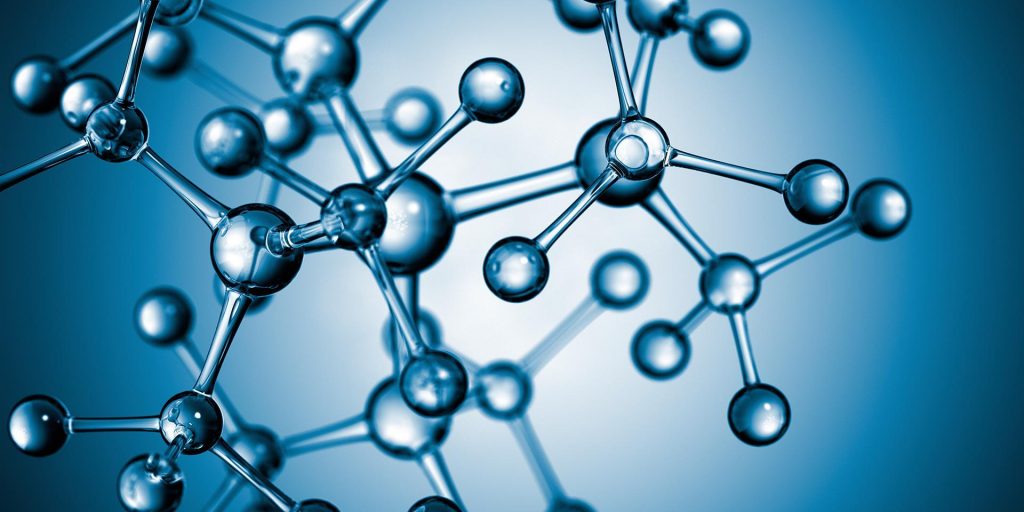Milestone: Ready to start Phase 2a study (Timings subject to financing / partnering)
Dipraglurant is a metabotropic glutamate receptor subtype 5 negative allosteric modulator, or mGlu5 NAM, that we are developing for post-stroke sensorimotor recovery.
According to the World Stroke Organization (www.world-stroke.org), over there are 12.2 million strokes each year globally which can lead to motor paralysis, loss of sensory function, impaired autonomic functions such as bladder/bowel control, impaired cognition leading to deficits in communication, attention and memory, and accompanied by pain. There are currently no drugs to support sensorimotor recovery and current therapies rely on retraining and physiotherapy, with rehabilitation, largely partial, taking 6 month or more. Functional recovery by stimulating network connectivity in the brain has been demonstrated post-stroke preclinically with dipraglurant which significantly restored functional control after just three days of once-daily treatment.
We are conducting additional in vivo studies with dipraglurant in animal models of stroke and subject to funding, we plan to commence a Phase 2a study. There is a large unmet need in post-stroke sensorimotor recovery, and we believe this innovative approach represents a significant commercial opportunity.
We are also investigating dipraglurant’s suitability for traumatic brain injury, or TBI, recovery, where we believe the mechanism of action would be similar to stroke recovery and where the fast onset could be advantageous.
